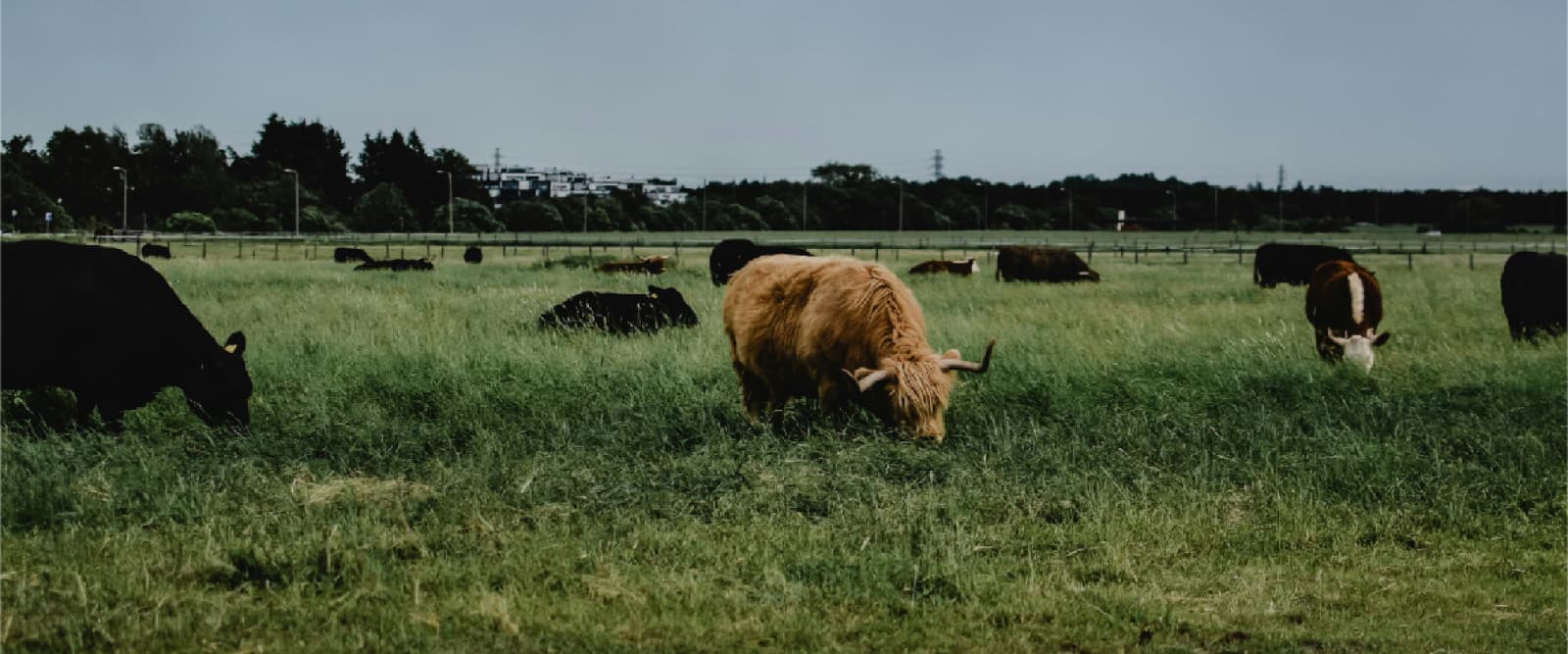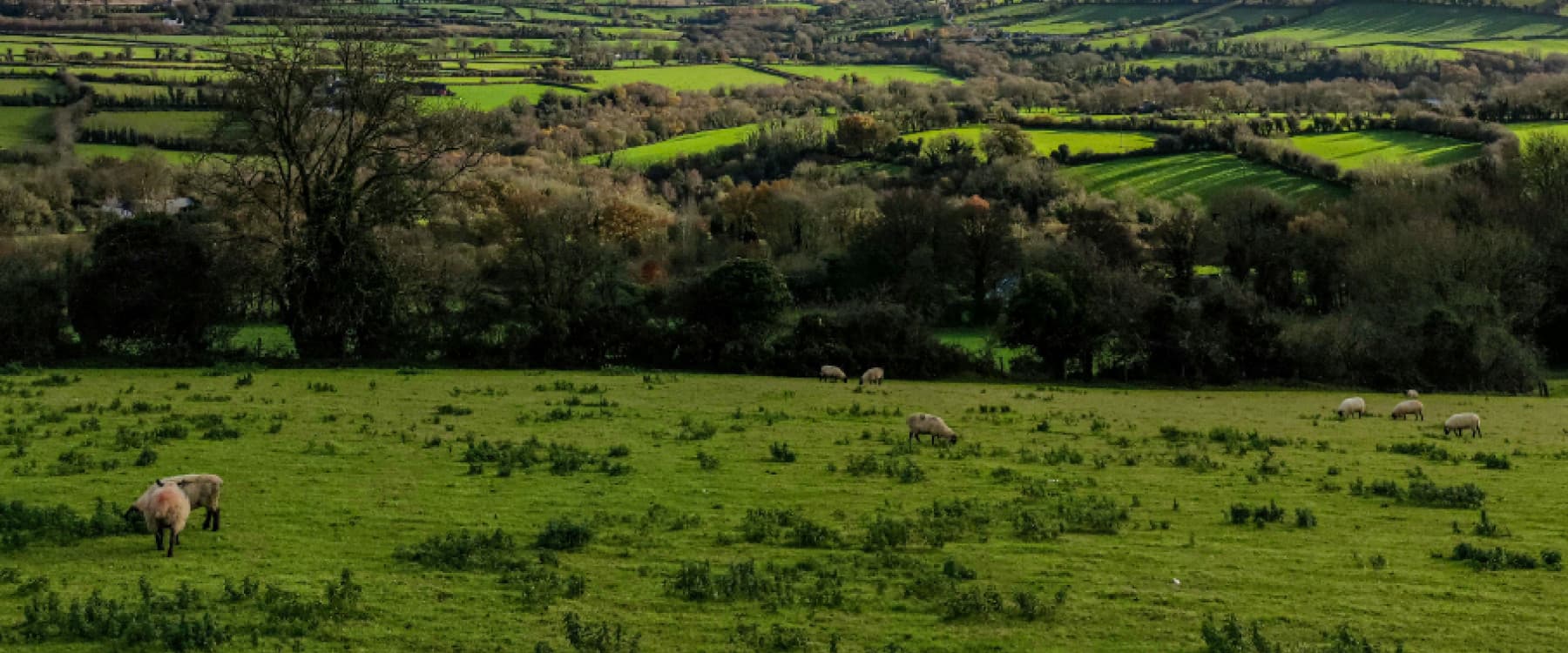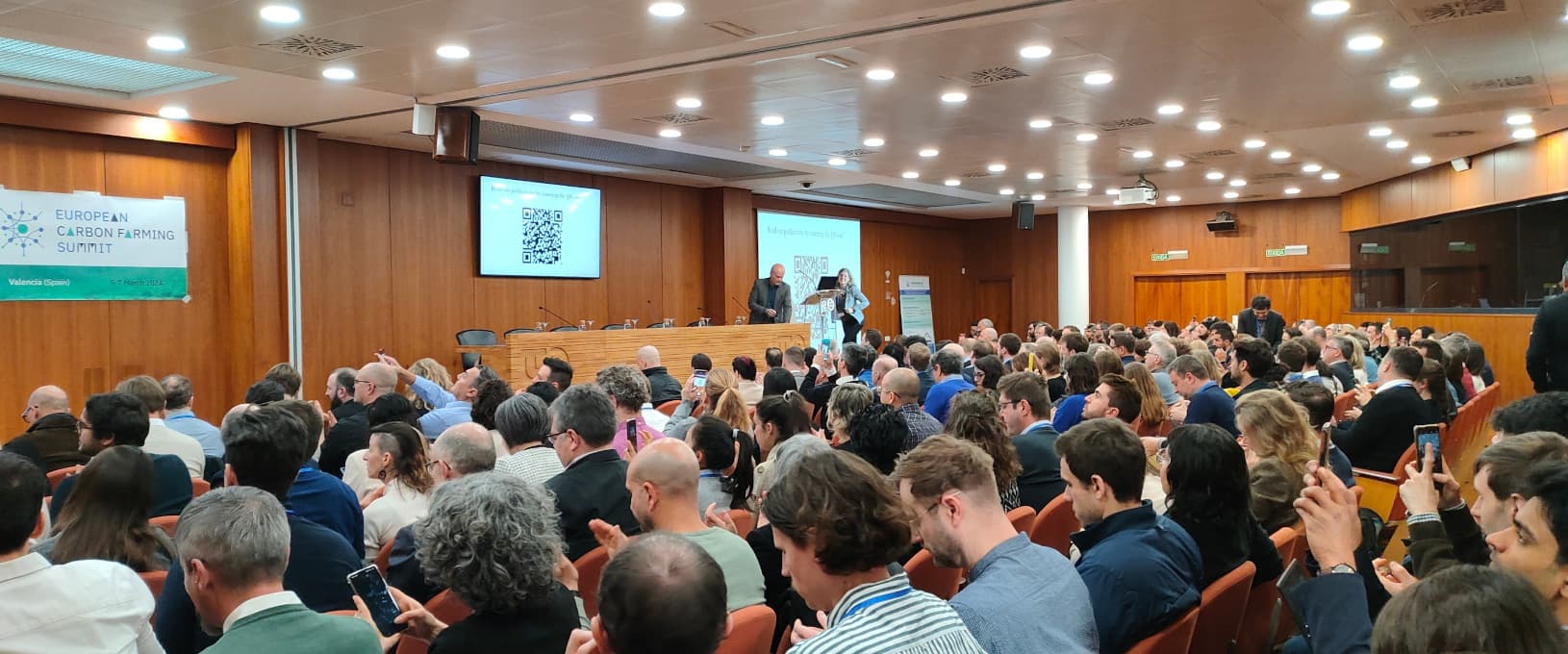Providing technical support to scale up carbon farming

Carbon farming at EU-level requires the development of Monitoring, Reporting, and Verification (MRV) frameworks which are robust and accurate as well as effective at the right scale, i.e., fit for purpose. In this context, transparent, harmonised and high-quality interoperable data is needed, involving a comprehensive top-down approach to foster data collection and sharing, which ranges from the development of analytcal standards and protocols to EU subsidies. In his presentation at the first European Carbon Farming Summit held in Valencia in March 2024, Panos Panagos highlighted key results from the Joint Research Center’s studies in estimating carbon trends and developing new methods for MRV using geospatial data across multiple observation points in Europe combined with data collected at the parcel level. He highlighted that there are still uncertainties due to biophysical variations, the type of carbon farming practices and the changing fluxes within agricultural carbon stocks. He stressed the importance of collaboration with the soil research community to improve scientific knowledge and data-driven approaches to carbon farming which account for local contexts and conditions.

During the different Breakout Sessions, technical aspects of an adequate MRV framework were discussed. For instance, proximal sensing and digitalisation were pointed out as key tools to promote credible MRV systems, but it was observed that there are still technical issues, as well as limited know-how, that need to be addressed to achieve rapid, accurate, cost-effective and non-destructive measurements. In this sense, a roadmap must be developed considering regionality, transparency, accuracy, comparability, and cost-effectiveness of solutions, as well as the readiness of operators to implement them.
In terms of remote sensing, satellite-based Earth Observation is an essential technology to enable robust and affordable mapping and evaluation of carbon farming and for the enhancement of transparency and credibility of carbon removal schemes. Nevertheless, many challenges still remain from technical and governance points of view, and Earth Observation calculations, validation and data accessibility need to be improved, promoting its adoption in the standard methodologies by certifiers.
Download the magazine Voices from the First European Carbon Farming Summit prepared by Project Credible’s coordinator SAE INNOVA to learn more about the outcomes of the Summit or read the following articles:

A mandate to achieve climate neutrality

It's not only about carbon: the importance of a holistic approach and co-benefits

Certification, markets and implementation

Key insights from the summit